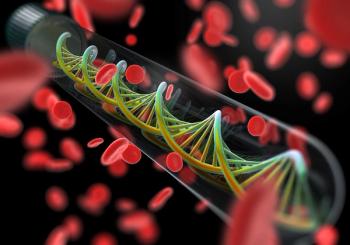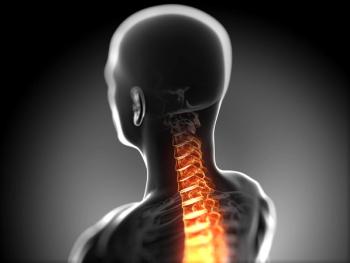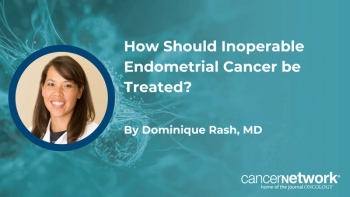
Exploring Future Avenues of Growth for Psychosocial Cancer Care
“Psycho-oncology has made remarkable progress; however, there are still critical areas for further development,” Cristiane D. Bergerot, PhD, BS, MS, said.
Psychosocial care needs to be treated as an integral part of standard care in cancer treatment, not as an optional service, Cristiane Decat Bergerot, PhD, BS, MS, stated.
When prompted about the way she’d like to see the field of psycho-oncology grow, Bergerot spoke about accessibility, advocacy efforts, and telehealth. In the modern age, with readily available access to technology, telehealth approaches have become more prevalent for psychosocial care.
For example, a study presented at the 2025 American Psychosocial Oncology Society Meeting showed that
Of 18 patients who completed the acceptability measure, 78% strongly agreed that they would recommend the telehealth group. Additionally, 39% reported feeling very satisfied with their experience in the telehealth group, with 44% feeling satisfied and 17% feeling somewhat satisfied.
CancerNetwork® spoke with Bergerot, the head of supportive care at Grupo Oncoclinicas in Brazil, and a member of the International Psycho-Oncology Society (IPOS), after the announcement of the first ever World Psycho-Oncology Day on April 9, 2025, by IPOS.2
Transcript:
Psycho-oncology has made remarkable progress; however, there are still critical areas for further development. While [psychosocial care is] increasingly recognized, it should be fully integrated into standard care, rather than treated as an optional service because we need to expand access to psycho-oncology to ensure that all patients receive the support they need. Advocacy efforts must also continue to push for the inclusion of psychosocial care in national and global cancer care policies. At the same time, the growing adoptions of telehealth present new opportunities to make psycho-oncology service more accessible and break down many of the barriers to care. Additionally, ongoing research into the effectiveness of various interventions, from digital solutions to community-based programs, will help refine best practices and reinforce the importance of psycho-oncology within healthcare systems.
References
- Chan S, Patten J, Lau N. Telehealth group intervention for adolescents and young adults with cancer: a feasibility pilot study. Presented at the 2025 American Psychosocial Oncology Society Meeting; March 5-7, 2025, Pittsburgh, PA. Poster W2.
- World Psycho-Oncology Day (WPOD). IPOS. Accessed April 2, 2025. https://tinyurl.com/43c9rr2c
Newsletter
Stay up to date on recent advances in the multidisciplinary approach to cancer.





































